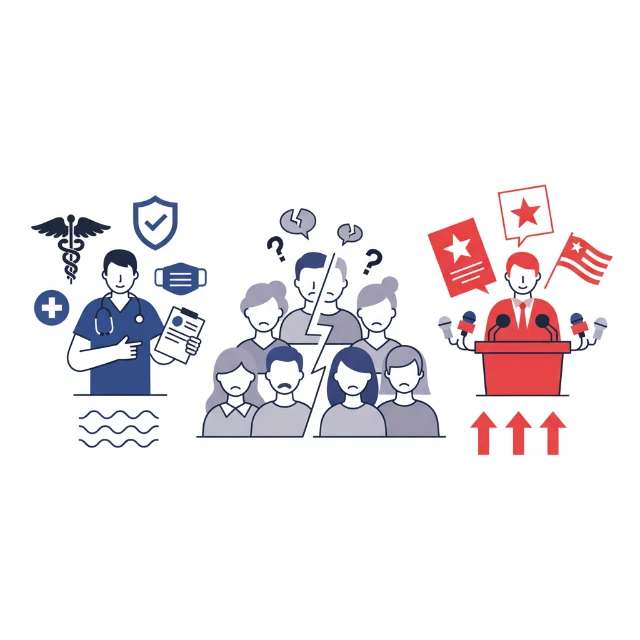
Unproven Health Controversies: A Public Warning or Political Calculation?
In 2025, President Trump claimed that pregnant women taking Tylenol (acetaminophen) could raise the risk of autism in their children. No scientific consensus supports this claim, and medical associations in the U.S. and the European Medicines Agency quickly dismissed it as lacking evidence. Still, his remarks created major impact. Health officials discussed label changes, and the story dominated headlines. Many experts argue the controversy is less about medicine and more about politics, noting Trump has often linked autism and vaccine debates to energize his base. The central question is whether his comments were meant as a sincere warning for public safety, or as a calculated political move. 👍 Opinion 1 (Public Warning for Safety) Trump’s statement can be seen as a leader’s proactive warning. Even if evidence is incomplete, issues involving pregnant women and unborn children justify caution. By raising this sensitive topic, he forced discussion that might push health policy toward more protection. His words could therefore be viewed as responsible leadership. 👎 Opinion 2 (Political Calculation) His remarks can also be read as a political strategy. By highlighting a controversial issue without solid science, he amplified fear and confusion. At the same time, he weakened the credibility of medical experts and reinforced his image as the only voice of “truth.” In this view, the statement served to rally supporters and dominate the political narrative. ⚖️ Key Issues ● Safety vs Fear: Do unproven warnings help protect the public, or do they spread unnecessary alarm? ● Leadership vs Irresponsibility: Is speaking early about risks an act of responsibility, or reckless speculation? ● Public Good vs Political Gain: Should health debates serve people’s safety, or political strategy?
flo-mfw
Views 169 •